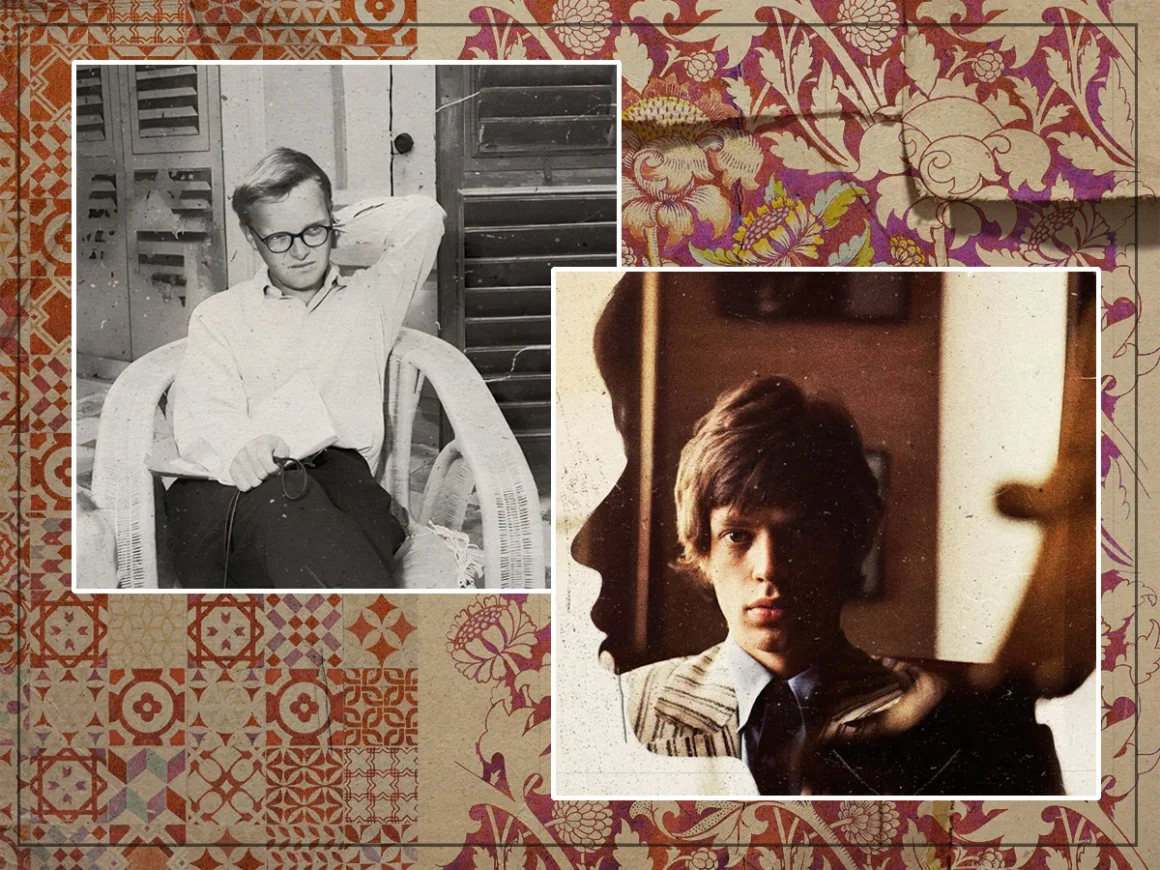Consider Truman Capote writing a review of The Rolling Stones. When the renowned American writer was dispatched by Rolling Stone magazine to cover the band’s Exile On Main St tour in 1972, that exact scenario came very close to happening. Months later, though, Capote still struggled to find the right words.
Mick Jagger’s persona leaves Capote in a state of profound internal conflict. After spending a considerable amount of time with the band, who were experiencing a brand-new, dizzying peak of their success. Due to his inability to connect with the band, the writer was unable to complete the piece for which he had been originally commissioned.
When discussing the botched assignment in 1973 with Andy Warhol, he remarked, “I thought it was amusing.” I enjoy each Rolling Stone individually,” he remarked. However, there was one thing about them and the people around them that I didn’t like: they showed such disdain for the crowd.
Capote wrote, “That used to really gripe me,” in reference to the incident that soured him against the British band. “It was like, ‘Who the fuck cares about them?‘” he continued. These kids adore and love them, and they have only been waiting in line for their concert for twenty-seven hours, you know.
The dislike for Jagger seemed to spread quickly after it was first sown. Especially after he stated quite bluntly, “(a) he can’t sing; (b) he can’t dance; and (c) he doesn’t know a damn thing about music.”
Truman Capote begins by acknowledging Jagger as an extraordinary performer. He clarifies that he is not attempting to discredit him in any way, attempting to deflect attention from the forthcoming report. With a hint of passive aggression, he continues. “What I think is amazing about him is that there isn’t one thing that he does that he’s really good at.”
Capote breaks with the historical love for Jagger’s androgynous snake hips. He tells Warhol, “He’s not—he really can’t dance, and, in fact, he really can’t move.” He mimics a strange dance, a mix of Fred Astaire and an American majorette girl, appearing uncomfortable and peculiar.
Jagger’s singing was criticized in a similar way: “Well, he can’t sing compared to, say, Billie Holiday.” He is not as good a singer as Lee Wiley. Capote added, “It has nothing to do with a vocalist actually carrying the thing,” realizing that’s really not the point of being a rock star. Since Mick doesn’t have the item. As a performer, he carries it with his vigor, determination, and thrust.
For Capote, Jagger’s acting prowess was really his lone saving grace. He remarked, “He’s fascinating in that he’s one of the most complete actors I’ve ever seen. He has this amazing ability to be completely extroverted.”
Capote continued, emphasizing the remarkable aspect. The performance ends abruptly, leaving him captivated by the stark contrast between Mick Jagger’s electrifying stage persona and his reserved demeanor off-stage. He transforms into a more reserved, level-headed individual. Additionally his emotional development surpasses that of the majority of actors and thinkers.
“Capote noted Jagger’s rare ability to switch effortlessly between extroversion and a different persona in an instant.”
Overall, the author came away from the experience disappointed. He stated, “I just didn’t want to write about it because it didn’t interest me creatively.”








